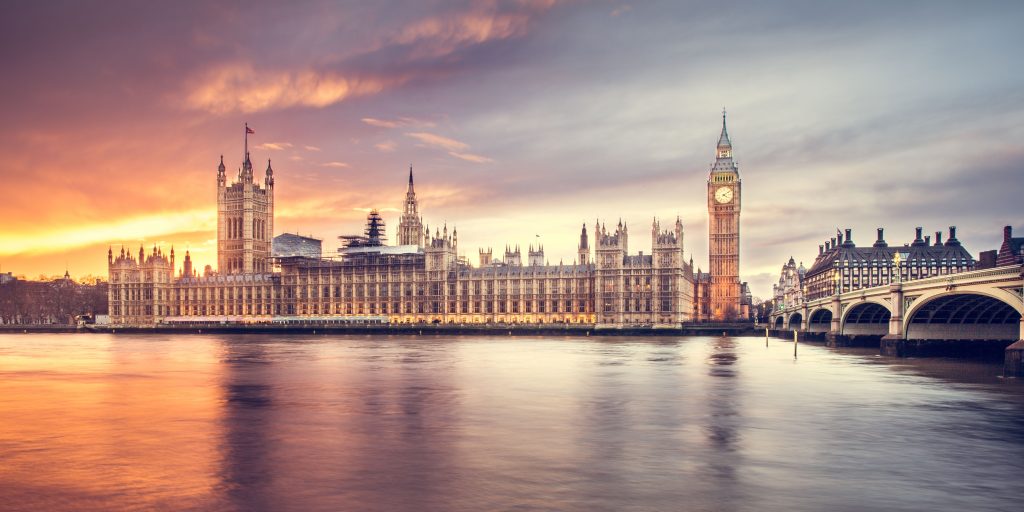If you’re following our work here at RightsInfo, the chances are you’re interested in following what’s going on with your human rights. So, you probably should know about the Equality and Human Rights Commission (EHRC).
It may sound a bit of a mouthful, but it’s actually one of the most important organisations keeping an eye on our human rights here in the UK. This covers everything from Grenfell Tower to Women’s Rights. To help you out, we’ve put together a rundown of everything you need to gen up.
Right, What is the EHRC?
Image Credit: Giphy
The Equality and Human Rights Commission (EHRC) essentially monitors human rights here in the UK. There are offices in England, Scotland, and Wales, while Northern Ireland has its own human rights commission. They protect equality across nine different areas:
- age
- disability
- gender reassignment
- race
- religion and belief
- pregnancy and maternity
- marriage and civil partnership
- sexual orientation
- sex.
It’s a statutory non-department public body, which basically means they act independently of the current government. Speaking to RightsInfo, Helen Mitchell of the EHRC explains: “The commission’s job is to help make Britain fairer and it does this by safeguarding and enforcing the laws that protect people’s rights to fairness, dignity, and respect.”
As well as checking up on the policies of the Government, they also promote the understanding and importance of human rights, and encourage good practice. They also make sure public authorities don’t act in ways which are incompatible with the rights in the Human Rights Convention.
It Must Be Tricky To Act Independently Of The Government?
Image Credit: Giphy
While the EHRC was established in October 2007 by the Equality Act 2006 and gets its funding from the Minister for Women and Equalities, this doesn’t mean they have to answer to the Government.
The way it’s set up means it’s effectively an ‘arm’s length’ away from Westminster, so it doesn’t do work for them and operates entirely independently. This means they’re able to suggest changes and recommendations, as well as make criticisms.
For example, in October 2017, chair David Isaac told the Guardian that cuts to legal aid and high tribunal fees had made the UK slide backwards, while calling for more powers for the body. They also criticised cuts to work support allowances for disabled people in 2016, as well as raising more general concerns over policy affected those with a disability.
There has, however, been some noises from Westminster from time to time. At the end of 2017 newspapers reported the commission was running short of board members after ministers were vetoing appointees on political grounds and the budget has also been slashed several times.
How is This All Relevant to Me?
 Image Credit: Natanael Melchor / Unsplash
Image Credit: Natanael Melchor / Unsplash
As part of their day to day work, the commission does a lot. They publish research, surveys, and reports on a myriad of things, as well as taking legal cases that can have a lasting impact on changing or clarifying the law.
These have included things like making sure hospitals don’t use ‘do not resuscitate orders’ without consulting with patients and families, stopping the police from sharing irrelevant information with employers and protecting the right of disabled people to live independently.
Last year they also announced an investigation into the human rights and equality dimension of the Grenfell Tower fire. As well as looking into if the Government failed in protecting the resident’s right to life and adequate housing, they’ll also be assessing if the victims have been able to properly access justice.
Pretty Useful Then! What’s Next For Them?
 Image Credit: Luca Micheli / Unsplash
Image Credit: Luca Micheli / Unsplash
Indeed. As they say on their own website, we’re still a long way from equality here in the UK. Race, disability, Islamophobia and anti-Semitism “are still worryingly prevalent and the LGBT community is frequently the victim of hate crime.”
They add “we should be under no misapprehensions about gender equality. As recent high-profile examples have shown, we still have a lot to do to deliver real equality on this front.”
Speaking to RightsInfo, Mitchell adds that they will continue to keep working in these areas, as well as pushing for greater powers.
“Increased powers would allow the Commission to have a stronger enforcement mechanism so that we can defend people’s equality and human rights and challenge not only the government, but also businesses and institutions,” she adds. “This is particularly relevant in the current political climate and to ensure that Britain remains fair and inclusive following Brexit.”






